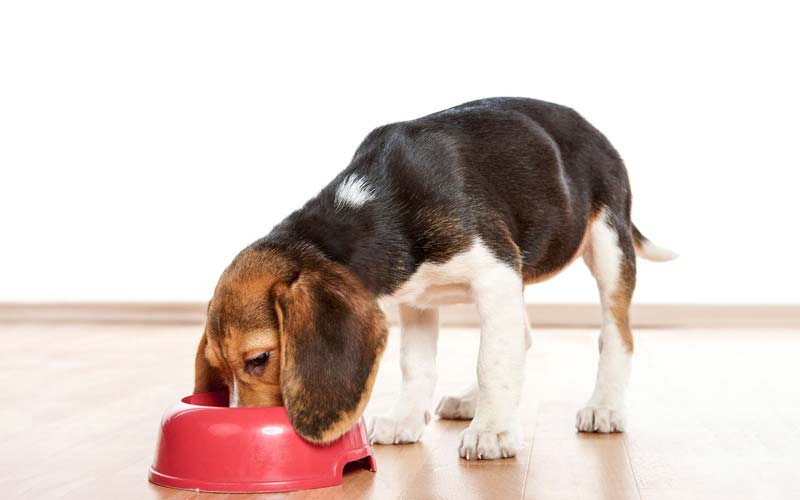Feeding your puppy the right amount and at the right times is crucial for their growth and health. Puppies have specific nutritional needs that differ from adult dogs. This guide will help you understand how often to feed your puppy to ensure they grow into healthy, happy adults.

Understanding Puppy Nutritional Needs
Puppies grow rapidly and require a diet that supports their development. This includes higher levels of protein, fat, and certain vitamins and minerals compared to adult dogs. Proper feeding schedules are essential to meet these needs and avoid issues like obesity or malnutrition.
General Feeding Guidelines by Age
6-12 Weeks Old
- Frequency: 4 times a day
- Reason: At this age, puppies are weaning from their mother’s milk and transitioning to solid food. Their small stomachs require frequent, small meals.
3-6 Months Old
- Frequency: 3 times a day
- Reason: As puppies grow, their stomachs can handle more food at each meal, allowing for fewer feedings.
6-12 Months Old
- Frequency: 2 times a day
- Reason: Depending on the breed, many puppies can transition to twice-daily feedings as they approach adulthood.
Over 12 Months Old
- Frequency: 1-2 times a day
- Reason: Adult dogs typically eat once or twice a day. The exact frequency can depend on the dog’s breed, size, and individual needs.

Breed and Size Considerations
Smaller breeds may need to continue more frequent feedings past the 6-month mark due to their faster metabolism. Large and giant breeds may benefit from continued more frequent feedings to prevent bloat, a serious condition that can affect large dogs.
Types of Puppy Food
- Dry Kibble: Convenient and helps keep teeth clean.
- Canned Food: More palatable and provides moisture.
- Semi-Moist Food: Typically used as treats due to higher sugar content.
- Raw or Homemade Diets: Should be prepared under veterinary guidance to ensure nutritional balance.
Tips for a Healthy Feeding Routine
- Consistency: Feed your puppy at the same times each day to establish a routine.
- Portion Control: Follow the feeding guidelines on the puppy food packaging or consult your veterinarian to avoid overfeeding.
- Monitoring: Keep an eye on your puppy’s weight and adjust food amounts as needed.
- Water: Always provide fresh water alongside meals.

Feeding your puppy the right amount and at the right times is essential for their development and health. Adjust the frequency and portion sizes as your puppy grows, and consult your veterinarian for personalized advice. With proper feeding, your puppy will be on the path to becoming a healthy and happy adult dog.